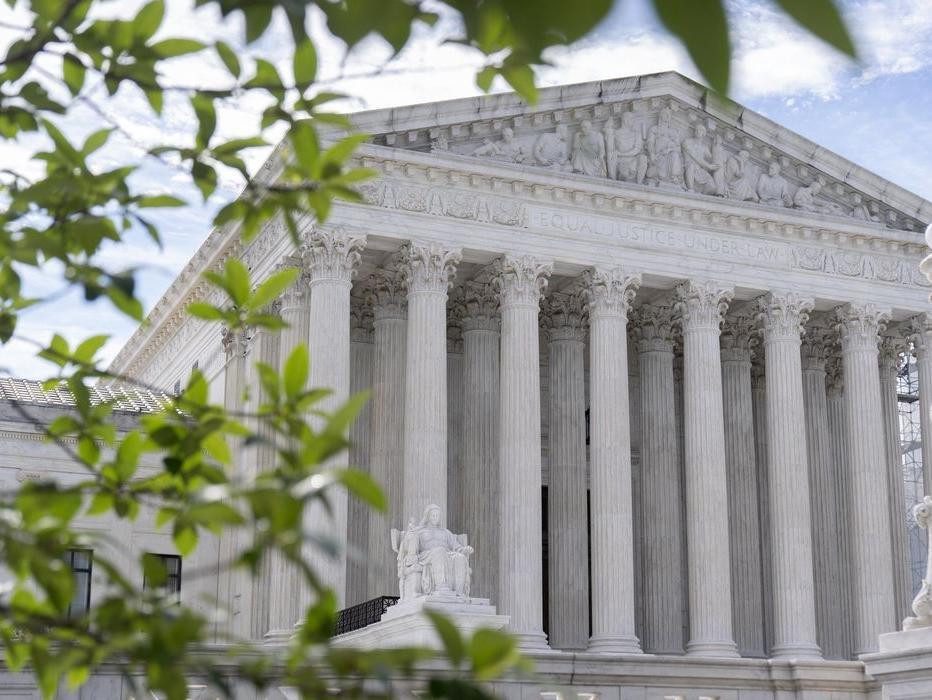The US Supreme Court has thrown a curveball in the ongoing debate over social media regulation, vacating lower court rulings on contentious laws in Florida and Texas that aimed to restrict content moderation practices of major platforms. In a unanimous 9-0 decision, the Court directed lower appeals courts to reconsider their decisions, emphasizing the need for a more thorough analysis of the laws’ constitutionality.The laws in question, passed in 2021 by Republican-backed legislatures in Florida and Texas, sought to prevent social media companies from banning users or moderating content based on political views. Tech industry trade groups challenged these laws, arguing that they violate the First Amendment’s limits on government restrictions of speech.Justice Elena Kagan, writing for the Court, stated that the lower courts failed to properly analyze the First Amendment challenges to the laws. She emphasized that ‘a court must determine a law’s full set of applications, evaluate which are constitutional and which are not, and compare the one to the other’. This decision suggests that the Supreme Court views content moderation by social platforms as a form of expressive speech protected under the First Amendment.The ruling leaves the laws in limbo, with existing injunctions preventing their enforcement. It also highlights the ongoing struggle to balance free speech concerns with the need to regulate online content in the digital age. The tech industry and advocacy groups have welcomed the decision, viewing it as a victory for First Amendment rights online.As the cases return to lower courts, the debate over social media regulation is far from settled. The Supreme Court’s decision raises questions about whether social media platforms should be considered akin to a modern-day public square or treated as ‘common carriers’ like public utilities. This ongoing legal battle will likely shape the future of online speech and the extent to which governments can regulate social media platforms.
Key points
- The Supreme Court vacated lower court rulings on Florida and Texas social media laws, sending them back for reconsideration.
- Justice Elena Kagan emphasized the need for a thorough analysis of the laws’ constitutionality and their impact on First Amendment rights.
- The decision leaves the contentious laws in limbo, with existing injunctions preventing their enforcement.
- The ruling suggests that content moderation by social platforms may be considered a form of expressive speech protected under the First Amendment.
